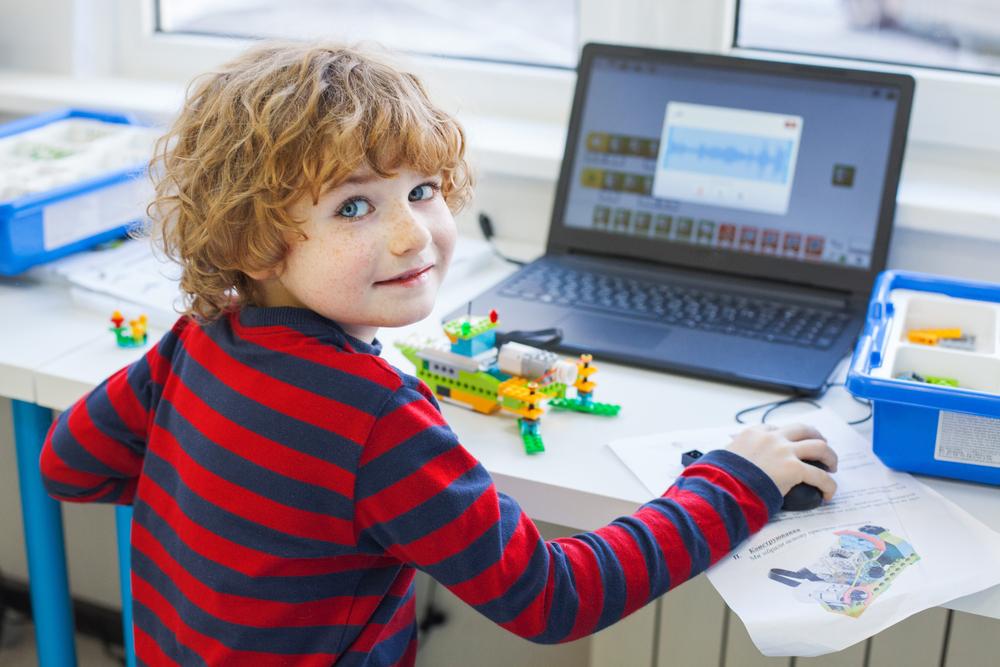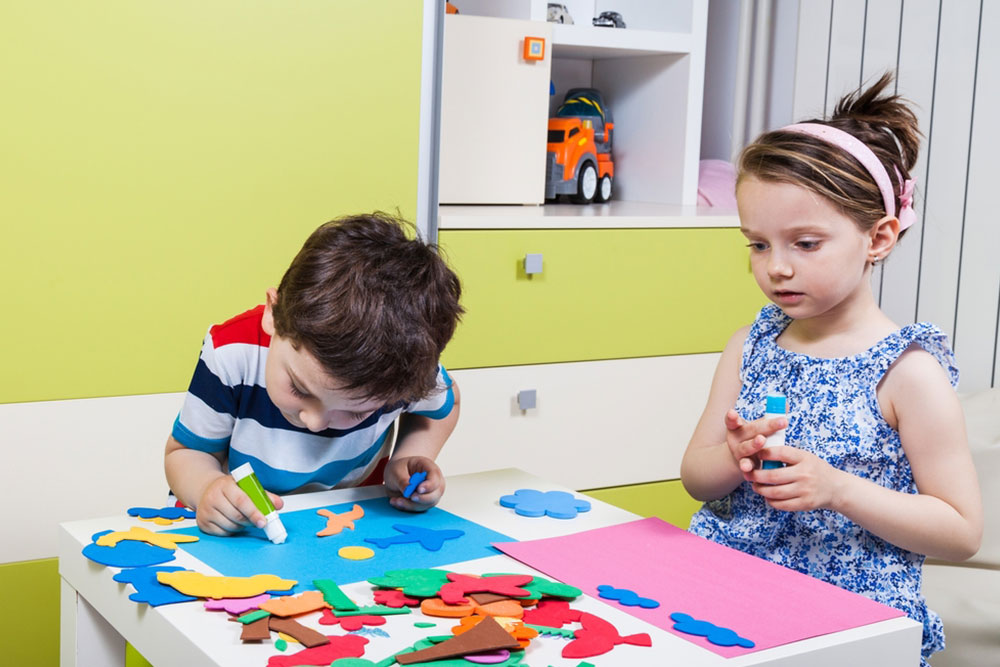Transforming Early Childhood Education: The Rise and Benefits of Virtual Preschools
Discover the transformative benefits of virtual preschools and how they are redefining early childhood education. These online programs offer flexibility, affordability, and enhanced parental involvement while preparing children for future academic success. Learn how digital preschools are shaping the future with engaging content and inclusive access, making early learning accessible for all families from the comfort of home.

Transforming Early Childhood Education: The Rise and Benefits of Virtual Preschools
In today's rapidly evolving educational landscape, virtual preschools are emerging as a compelling alternative to traditional classroom-based early childhood education. These innovative programs cater to the developmental needs of young children while offering flexibility, affordability, and safety. As technology increasingly integrates into our daily routines, many parents are exploring online preschool options as a means to foster their child's early learning and social development effectively. This comprehensive guide delves into the numerous advantages of virtual preschools, the considerations for parents, and how these digital platforms are shaping the future of early childhood education.
The Significance of Early Childhood Education
Early childhood is a critical period for cognitive, emotional, and social development. The foundational skills acquired during these formative years influence future academic success and personal growth. Traditionally, preschools serve as a vital environment where children learn to interact, follow routines, and develop essential skills such as language, numeracy, and problem-solving. In-person preschools also provide opportunities for socialization among peers and hands-on activities that stimulate sensory and motor development.
However, various challenges—such as accessibility, cost, and scheduling constraints—limit the ability of some families to enroll their children in traditional preschools. This has prompted a surge in interest toward virtual preschool programs, which leverage technology to bridge the gap and make early childhood education more accessible to diverse populations.
Understanding Virtual Preschools
Virtual preschools, also known as online or digital preschools, utilize internet-based platforms to deliver educational content aimed at children aged 3 to 5 years. These programs typically incorporate interactive classes, storytelling, games, and multimedia resources designed to engage young learners and promote active participation. The curriculum aligns with early childhood development standards while incorporating fun, age-appropriate activities.
Unlike traditional preschools, virtual programs are conducted through video conferencing, interactive apps, and digital learning modules that children can access from the comfort of their homes. This model not only facilitates remote learning but also empowers parents to be actively involved in their child's educational process.
Key Advantages of Virtual Preschools
Enhanced Parental Supervision and Involvement
One of the most significant benefits of online preschools is the increased ability of parents to supervise and participate in their child's learning. With the lessons occurring within the home environment, parents can observe their child's engagement, behavior, and progress more directly. This closeness fosters a stronger parent-child bond and allows for tailored support based on individual needs.
Cost-Effectiveness and Accessibility
High-quality traditional preschools often come with hefty tuition fees, transportation costs, and additional expenses related to uniforms and supplies. In contrast, virtual preschools generally offer more affordable tuition models, making early education accessible to families regardless of socioeconomic status. Additionally, online programs eliminate geographic barriers, enabling children from rural or underserved communities to participate without long commutes.
Flexibility in Scheduling and Learning Environment
Online preschool platforms offer flexible schedules, allowing parents and children to choose times that align with their routines and natural rhythms. This flexibility is particularly beneficial for families with irregular work hours or other commitments. Children can engage in learning activities at their own pace, in a familiar environment, reducing stress and enhancing focus. Moreover, learning at home eliminates the discomfort and distractions commonly found in large classrooms, further promoting concentration.
Interactive and Engaging Educational Content
Modern virtual programs incorporate vibrant multimedia content, including animated videos, digital storytelling, and gamified lessons. These engaging approaches stimulate children's curiosity, reinforce learning concepts, and improve retention. The use of familiar characters and interactive exercises makes educational activities fun and relatable for young learners.
Gradual Preparation for Formal Schooling
Participating in a virtual preschool helps children develop a routine and familiarity with structured learning, easing their transition into kindergarten and primary school. It offers a gentle introduction to classroom rules, social interactions, and discipline, which can reduce anxiety associated with new environments while still providing meaningful social interaction through virtual interactions with peers and teachers.
In summary, virtual preschools are increasingly recognized as a viable, effective, and accessible option for early childhood education. They are particularly valuable in addressing barriers to traditional schooling, providing flexible, engaging, and safe learning environments that foster young children's holistic development.
As technological advancements continue to evolve, the role of online preschool programs is expected to grow, shaping the future of early childhood education across the globe. When implemented responsibly and with appropriate supervision, virtual preschools can serve as an important supplement or alternative to conventional preschool settings, ensuring that every child has the opportunity to start their educational journey on a positive note.




